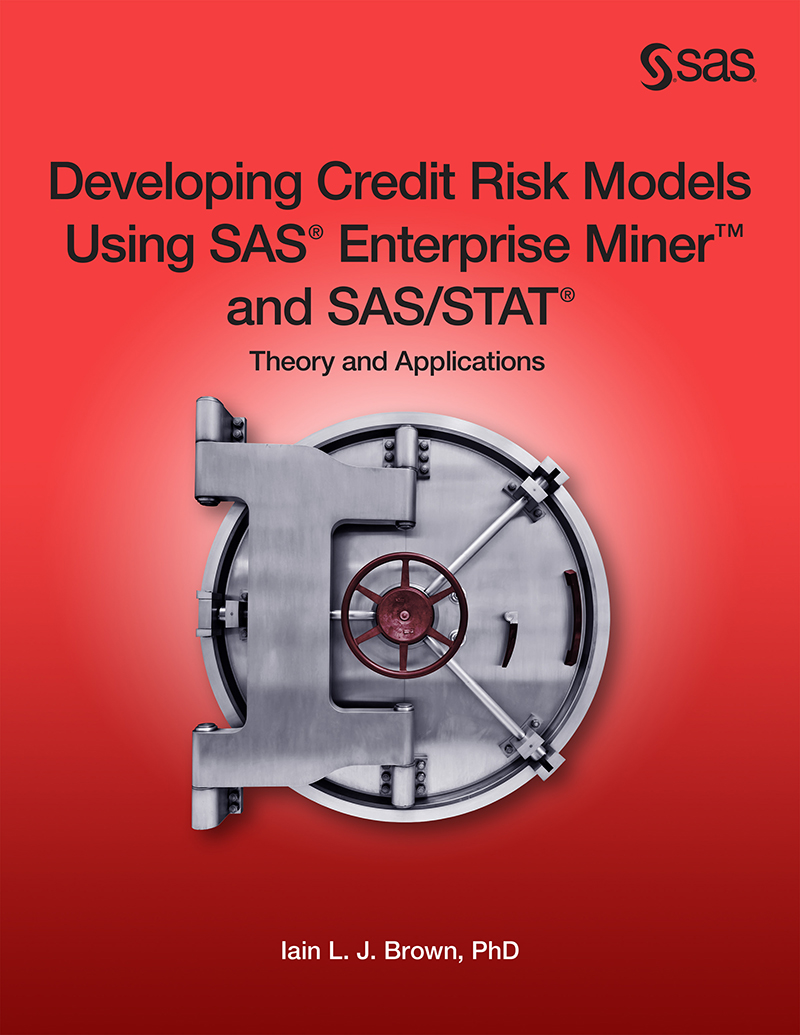
Developing Credit Risk Models
Using SAS Enterprise Miner
and SAS/STAT
Theory and Applications
Iain L. J. Brown, PhD
 support.sas.com/bookstore
support.sas.com/bookstore
The correct bibliographic citation for this manual is as follows: Brown, Iain. 2014. Developing Credit Risk Models Using SAS Enterprise Minerand SAS/STAT: Theory and Applications. Cary, NC: SAS Institute Inc.
Developing Credit Risk Models Using SASEnterprise Minerand SAS/STAT: Theory and Applications
Copyright 2014, SAS Institute Inc., Cary, NC, USA
ISBN 978-1-61290-691-1 (Hardcopy)
ISBN 978-1-62959-486-6 (EPUB)
ISBN 978-1-62959-487-3 (MOBI)
ISBN 978-1-62959-488-0 (PDF)
All rights reserved. Produced in the United States of America.
For a hard-copy book: No part of this publication may be reproduced, stored in a retrieval system, or transmitted, in any form or by any means, electronic, mechanical, photocopying, or otherwise, without the prior written permission of the publisher, SAS Institute Inc.
For a web download or e-book: Your use of this publication shall be governed by the terms established by the vendor at the time you acquire this publication.
The scanning, uploading, and distribution of this book via the Internet or any other means without the permission of the publisher is illegal and punishable by law. Please purchase only authorized electronic editions and do not participate in or encourage electronic piracy of copyrighted materials. Your support of others rights is appreciated.
U.S. Government License Rights; Restricted Rights: The Software and its documentation is commercial computer software developed at private expense and is provided with RESTRICTED RIGHTS to the United States Government. Use, duplication or disclosure of the Software by the United States Government is subject to the license terms of this Agreement pursuant to, as applicable, FAR 12.212, DFAR 227.7202-1(a), DFAR 227.7202-3(a) and DFAR 227.7202-4 and, to the extent required under U.S. federal law, the minimum restricted rights as set out in FAR 52.227-19 (DEC 2007). If FAR 52.227-19 is applicable, this provision serves as notice under clause (c) thereof and no other notice is required to be affixed to the Software or documentation. The Government's rights in Software and documentation shall be only those set forth in this Agreement.
SAS Institute Inc., SAS Campus Drive, Cary, North Carolina 27513-2414.
December 2014
SAS provides a complete selection of books and electronic products to help customers use SAS software to its fullest potential. For more information about our offerings, visit support.sas.com/bookstore or call 1-800-727-0025.
SAS and all other SAS Institute Inc. product or service names are registered trademarks or trademarks of SAS Institute Inc. in the USA and other countries. indicates USA registration.
Other brand and product names are trademarks of their respective companies.
Contents
About This Book
Purpose
This book sets out to empower readers with both theoretical and practical skills for developing credit risk models for Probability of Default (PD), Loss Given Default (LGD) and Exposure At Default (EAD) models using SAS Enterprise Miner and SAS/STAT. From data pre-processing and sampling, through segmentation analysis and model building and onto reporting and validation, this text aims to explain through theory and application how credit risk problems are formulated and solved.
Is This Book for You?
Those who will benefit most from this book are practitioners (particularly analysts) and students wishing to develop their statistical and industry knowledge of the techniques required for modelling credit risk parameters. The step-by-step guide shows how models can be constructed through the use of SAS technology and demonstrates a best-practice approach to ensure accurate and timely decisions are made. Tutorials at the end of the book detail how to create projects in SAS Enterprise Miner and walk through a typical credit risk model building process.
Prerequisites
In order to make the most of this text, a familiarity with statistical modelling is beneficial. This book also assumes a foundation level of SAS programming skills. Knowledge of SAS Enterprise Miner is not required, as detailed use cases will be given.
Scope of This Book
This book covers the use of SAS statistical programming (Base SAS, SAS/STAT, SAS Enterprise Guide), SAS Enterprise Miner in the development of credit risk models, and a small amount of SAS Model Manager for model monitoring and reporting.
This book does not provide proof of the statistical algorithms used. References and further readings to sources where readers can gain more information on these algorithms are given throughout this book.
About the Examples
Software Used to Develop the Books Content
SAS 9.4
SAS/STAT 12.3
SAS Enterprise Guide 6.1
SAS Enterprise Miner 12.3 (with Credit Scoring nodes)
SAS Model Manager 12.3
Example Code and Data
You can access the example code and data for this book by linking to its author page at http://support.sas.com/publishing/authors. Select the name of the author. Then, look for the cover thumbnail of this book, and select Example Code and Data to display the SAS programs that are included in this book.
For an alphabetical listing of all books for which example code and data is available, see http://support.sas.com/bookcode. Select a title to display the books example code.
If you are unable to access the code through the website, send e-mail to .
Additional Resources
SAS offers you a rich variety of resources to help build your SAS skills and explore and apply the full power of SAS software. Whether you are in a professional or academic setting, we have learning products that can help you maximize your investment in SAS.
| Bookstore | http://support.sas.com/bookstore/ |
| Training | http://support.sas.com/training/ |
| Certification | http://support.sas.com/certify/ |
| SAS Global Academic Program | http://support.sas.com/learn/ap/ |
| SAS OnDemand | http://support.sas.com/learn/ondemand/ |
| Support | http://support.sas.com/techsup/ |
| Training and Bookstore | http://support.sas.com/learn/ |
| Community | http://support.sas.com/community/ |
Keep in Touch
We look forward to hearing from you. We invite questions, comments, and concerns. If you want to contact us about a specific book, please include the book title in your correspondence.
To Contact the Author through SAS Press
By e-mail:
Via the Web: http://support.sas.com/author_feedback
SAS Books
For a complete list of books available through SAS, visit http://support.sas.com/bookstore.
Phone: 1-800-727-0025
Fax: 1-919-677-8166
E-mail:
SAS Book Report
Receive up-to-date information about all new SAS publications via e-mail by subscribing to the SAS Book Report monthly eNewsletter. Visit http://support.sas.com/sbr.
Publish with SAS
SAS is recruiting authors! Are you interested in writing a book? Visit http://support.sas.com/saspress for more information.
Next page

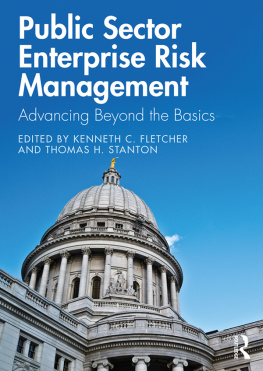
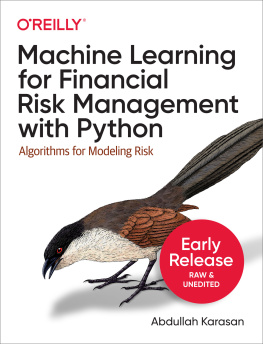
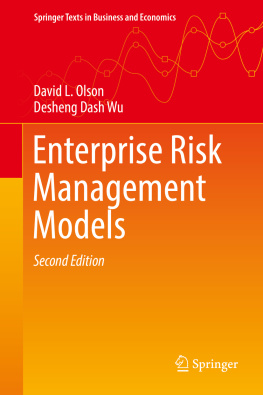
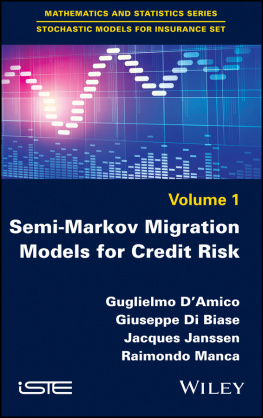
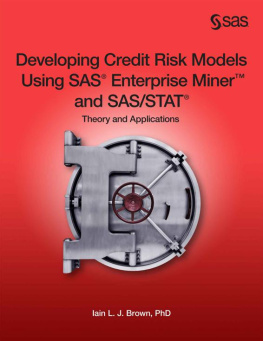
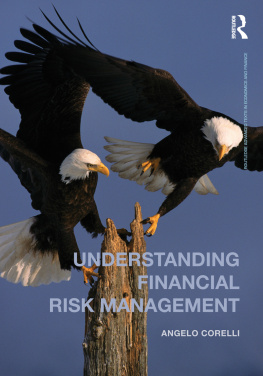
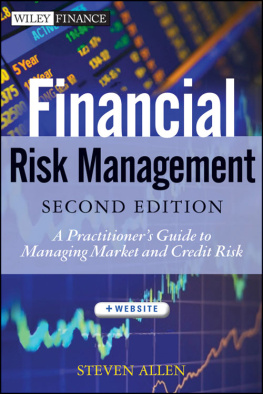

 support.sas.com/bookstore
support.sas.com/bookstore